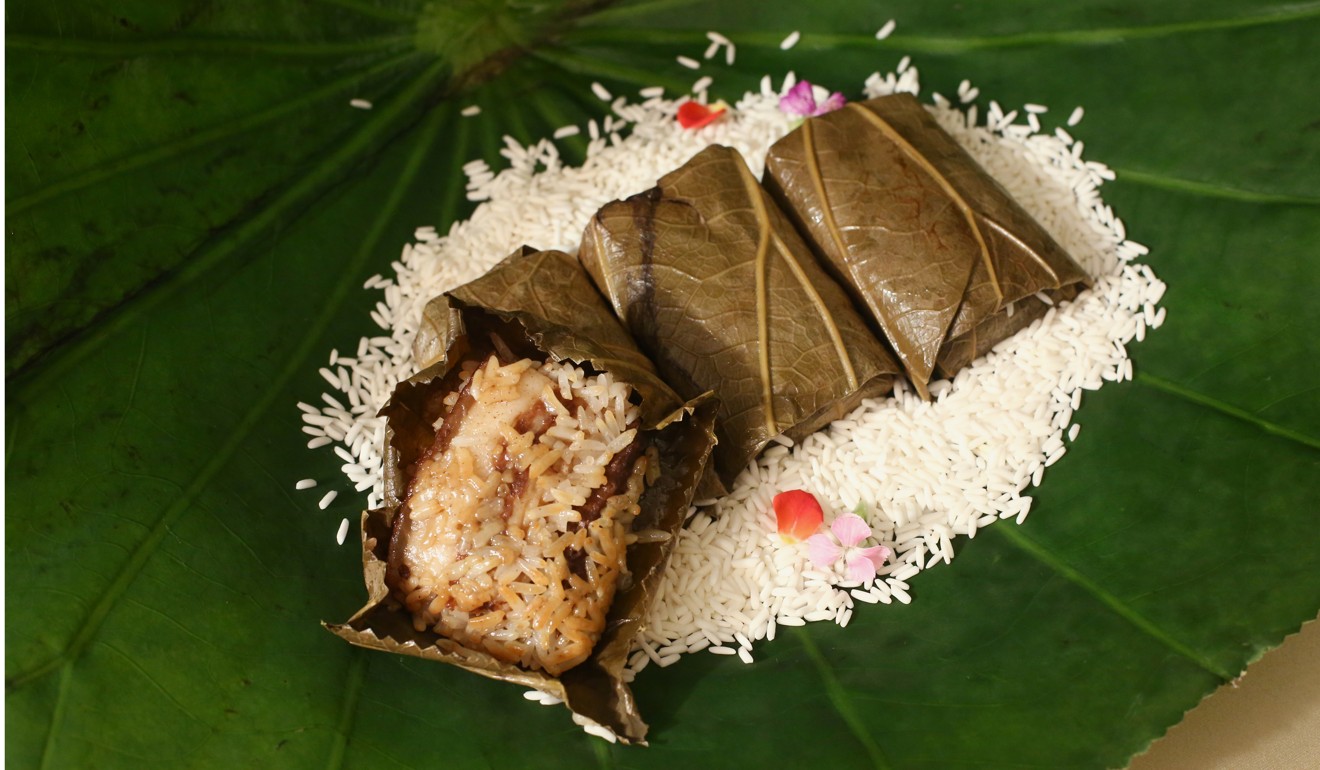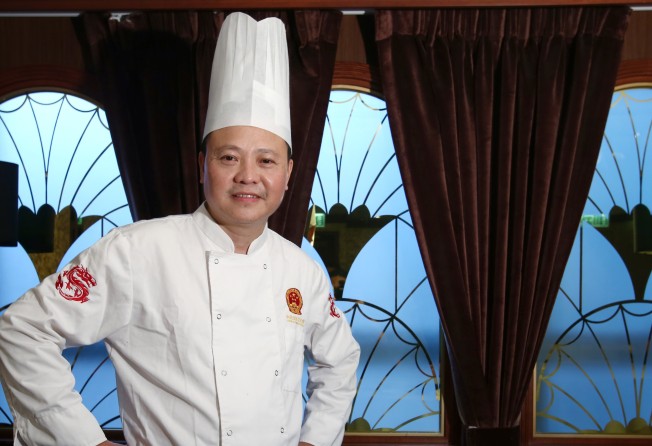
Cooking for Deng Xiaoping and Li Peng: a Shantou chef recalls good times, and trying to make tradition more healthy
Chen Zejia, the chef and director of the Chaozhou Cuisine Research Centre, who once cooked for senior Chinese officials, laments the laziness of the younger generation

How did you become interested in cooking? “My father and grandfather were chefs. They told me not to go into the industry because it’s physically draining, so I wasn’t interested. But when I graduated from high school, at 17 years old, I needed a job and got one working in the kitchen in the Longhu Hotel, in Shantou [in Guangdong province], which specialises in Chaozhou [Chiu Chow] cuisine.
“It was hard work – just as my father and grandfather said. I was on the lowest rung on the ladder, which meant I had to sharpen all the chefs’ chopper knives every day – about seven or eight of them. I also had to pull off all the mushroom stems – about 100 catties [60kg] and clean them, and at the end of the day I cleaned the entire kitchen. I found it so interesting to see the ingredients come together and become delicious dishes that I became more interested in cooking. I stayed at the hotel for seven years and during that period was eventually promoted to head chef.”
Who are the famous people you cooked for, and what did you prepare for them? “At age 27, I became executive chef at Shantou Golden Bay Hotel. [In the late 1970s] Shantou, Shenzhen, Zhuhai and Xiamen were declared as [special] economic zones and senior Chinese officials as well as people like Li Ka-shing visited Shantou and stayed in the hotel I worked at.
“I cooked for senior leaders like Deng Xiaoping, Li Peng, Li Ruihuan and Tian Jiyun. I made lo shui [meats marinated in sauce], seafood such as crabs, clams and fish, and squid stir-fried with garlic chips and small pieces of dried flounder. Another dish was braised sweet potato leaves soup. For dessert, we served them sweetened mashed taro with ginkgo.”
Why are crabs served cold in Chiu Chow cuisine? “When they caught the crabs, the fishermen would cook them right away so they wouldn’t go bad, and when they returned to shore, the crabs were cold but still tasted good. That’s why they are served like this. In Chaozhou cuisine, we put a lot of salt on our seafood to prevent it from going bad.”

What do you do as director of the Chaozhou Cuisine Research Centre? “The research centre started in 1999. There are others in Shenzhen, Guangzhou, Shanghai, Xiamen, Qingdao and Beijing. We experiment with new cooking techniques and organise competitions for young chefs. If a Chaozhou chef goes to Shanghai, they can have an exchange and learn new things, from cooking techniques to ingredients.”
How has Chaozhou cuisine evolved? “Traditional cuisine has to be adjusted to people’s tastes. For example, the dessert of mashed taro is very sweet, but we have modified it to make it taste the same but with less sugar.
“We want to preserve traditional cooking techniques but improve the taste and use healthier ingredients. These days, we cook fruits, using them in double-boiled soups, stir-fries and desserts. When the dishes are more suited to young people’s tastes, they will eat them more often. Young people today eat so much junk food, we are trying to find ways to make Chaozhou cuisine more appealing to them.”
What about the Chaozhou dish of goose liver? That can’t be healthy! “The geese used in Chaozhou cuisine are raised eating grass – they are not force-fed like the ones in Europe, so the goose liver isn’t as rich or oily. It has a more delicate taste.”
What do you think about the younger generation of chefs? “They don’t want to study even though I am happy to teach them. Many of them are lazy – about 80 per cent of them! If you try to get them to do what I had to do – sharpen knives, wash vegetables and clean kitchens – only a few are willing to do it. The ones who are willing to learn will become successful chefs.
“Before, the tradition was that you didn’t teach your apprentices everything otherwise they would become good enough to make you redundant. But now restaurants are desperate for qualified chefs. I am keen to teach people because, once I go, all the knowledge I have gained will be gone.”
Chen Zejia will be guest chef at Great China Club, in Lai Chi Kok, from Tuesday until September 23.